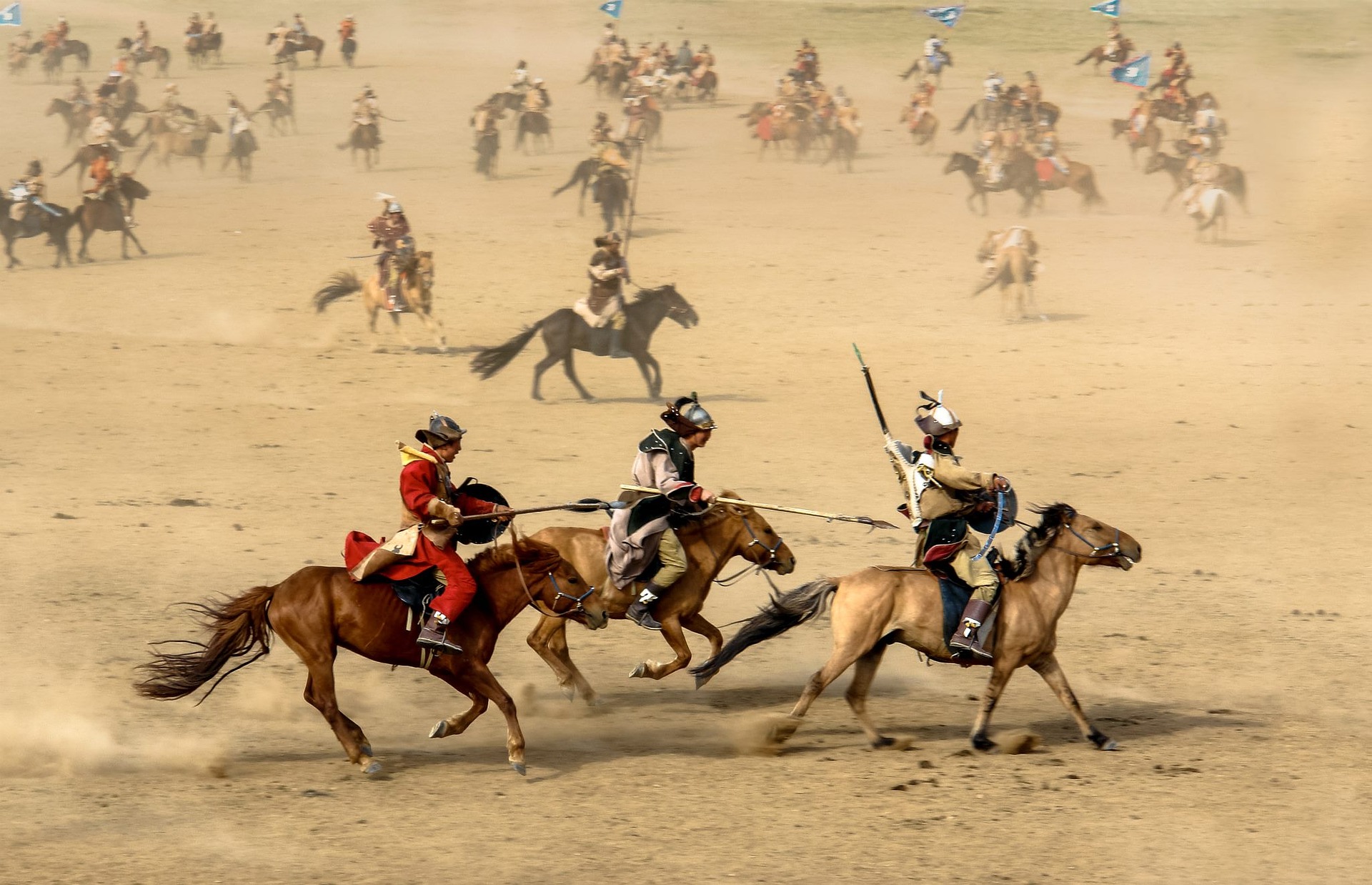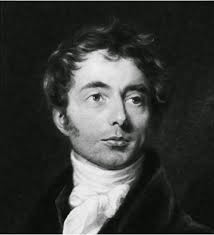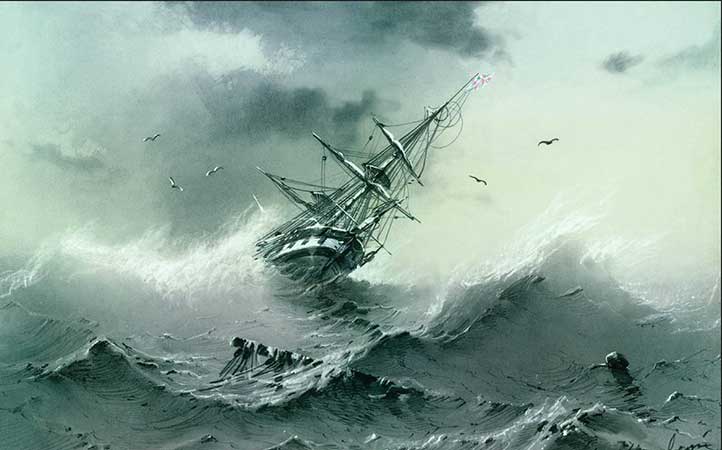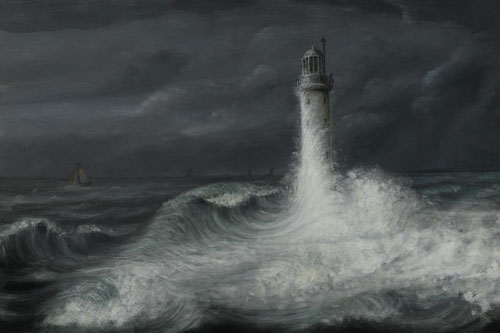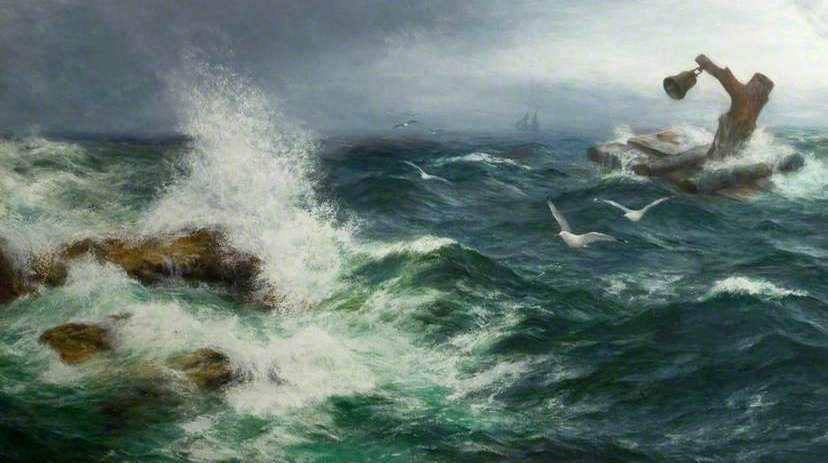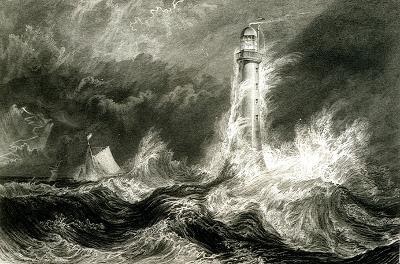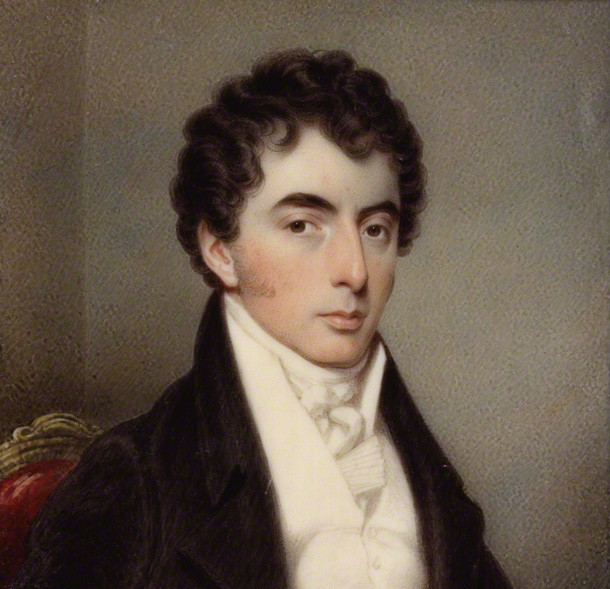“After Blenheim” by Robert Southey is based on the most famous battle of the Spanish succession (1701-1714), popularly known as the Battle of Blenheim. It is an antiwar poem in the form of a ballad in which two children seek information from their grandfather about a skull they found in the field. The grandfather tells them about the war that destroyed several houses, civilian casualties, rotting corpses, and inhumanity. Robert Southey attempts to highlight the ignorance of thousands of ordinary men who refuse to accept war’s cruel and brutal reality and instead consider it a dignified and glorious act. In this poem, the grandfather refers to the war repeatedly as “a famous victory” and “a great victory” but cannot tell the reason behind the cause of the war. The repetitions of the refrain “a great victory” and “a famous victory” have been used to emphasize the sheer ignorance of common men regarding the cause of the war and the damaging consequences of it. They acknowledge war only by is a victory.
After Blenheim: Analysis
It is through a conversation between Kasper and his grandchildren that the poem After Blenheim starts. One of the children informs his grandfather that he has found something ‘large and round’ on the field, to which his grandfather remarks that it is a skull and there are many more to be found. There are instances that run throughout the poem to support the main ideas of the tragic end of war & the vulnerability of human life. The poem “After Blenheim” makes us ponder over the purpose and result of war and questions its validity.
War always comes paired with catastrophe and destruction. Kasper’s gruesome descriptions of the war, which are followed by his casual utterances, form an effect of irony. It is ironic that it was a great war, but no one knows why. In the meaningless outbursts of the war heroes, the unawareness of the futility of war and the inability to comprehend the scathing horror of the outcome is detected in the common people’s minds.
The characters are introduced in the poem After Blenheim in the very beginning. We come across an elderly farmer named Kaspar, who is sitting in front of his cottage watching his grandchildren Wilhelmine and Peterkin play on the lush green field on a summer evening. When the children enquire about the cause of the war, Kaspar replies that the significance of the war was in the victory that the English routed the French that the later generations would call a great and famous victory. Kaspar also informs them boastfully that there are a number of skulls to be found on the field that belongs to the poor fellows who died while fighting in the war.
The ‘great victory’ refers to the victory in the battle, which also happens to be an example of patriotism as well as ignorance. However, Kaspar is at a loss to explain the cause of the battle. Kasper knew that the fields were filled with dead bodies of the soldiers. He knew about the destruction of life and property, the death of newborn babies. However, according to him, such things are all a part of the war, and they do not negate the glory of the victory, which is why when Wilhelmine says that the battle must be a “wicked thing,” Kaspar tells her she is wrong. It was a famous victory, he says.
In the following stanzas, we see the poet depicting the terror of war. After the battle was over, thousands of dead bodies of soldiers lay rotting in the field in indignity. There are sound effects in this stanza, and they are generally helped by the assonance of ‘shocking’ and ‘rotting’ and the sense of alliteration in the first line. These together give greater resonance to the horrific image of death. The scene of ‘rotting’ reduces dead men to carrion.
“They say it was a shocking sight
After the field was won;
For many thousand bodies here
Lay rotting in the sun;.”
The poet has employed a number of poetic devices in the poem After Blenheim, like alliteration, repetition, and irony. Throughout the poem, Kaspar regards the war as a glorious victory.
The readers come across Kaspar praising the Duke and the Prince for defeating the French army and for bringing glory and pride to the nation, thus, creating more confusion and dilemma in the children’s minds. The children are unable to grasp the essence of the so-called glory in a war that their grandfather is singing praises about. It is through the innocence of the children that the disapproval and pointlessness of war are presented.
Kaspar seems to hide all the destruction and agony caused by the war by repeating that it was a great victory. He seems to be afraid of breaking the romantic notions of war that are influenced by the people around him who idealize war without realizing the damage that comes with it. And these romantic ideals of war are what he also wants to put in the minds of the grandchildren. War to him was of a greater good, even though it came at the cost of death and destruction.
We again come across the line, “But ’twas a famous victory.” The war was fought over a trivial dispute, but it did cost the lives of thousands of soldiers. It was fought near the village of Blenheim, in Bavaria, on the left bank of the river Danube, on August 13, 1704. Under the Duke of Marlborough and Prince Eugene, the English and Austrians defeated the French and Bavarians under Marshall Tallard and Marsin.
The only thing that is undeniable in a war is that the destruction of life and property is sure to take place. Victory cannot bring back all the lives, which were lost during the war. That is why the poet questions the effectiveness and the need for war. Thus, the poem ‘After Blenheim’ successfully depicts the poet’s message that war is something that must be avoided as all it brings is more destruction and dissatisfaction in this cruel world.
After Blenheim: Themes
1. Meaninglessness of war
In literature, war has often been associated with meaningless glory and pride. This romantic idea of war is shattered by Robert Southey in this poem, After Blenheim, as he attempts to capture the ignorance of men about the negative effects of war on the lives and properties of human beings. War represents the worst form of human behavior that is man’s cruelty to man. The skull that Peterkin finds in the field and the corpses adds up to present the horrid aspect of war. The children are yet to be corrupted by adults thinking of vain pride at the cost of damage, destruction, and brutality and acknowledge war for what it actually represents. Men kill each other, burn down houses and destroy the spirit of humanity to achieve the pointless “great victory.” Kaspar’s boastfulness at the “large and round” skull and his outburst of praises for the war heroes intensify the tragic ignorance of men and the loss of harmony and unity. He accepts the loss of lives on the battlefield as the price that one has to pay for a “famous victory.”
2. The curiosity of children and disinterestedness of adults
Children are always curious to know more. After finding the skull, Peterkin asks his grandfather what it is. Wilhelmine then asks Kaspar to describe the cause of the war. They readily show their enthusiasm to gather knowledge about the significance of the war. Kaspar, however, tells them about the war that took place in Blenheim, but he cannot explain the reason behind why the war took place. Nor does he seem curious about the causes. All that matters to him is that England won a glorious victory for them.
“After Blenheim,” also called Battle of Blenheim, was written during Southey’s Jacobin years. Critics often explain this poem, After Blenheim, as the most celebrated of British anti-war poems. It is also important and should be mentioned that after twenty-two years of “After Blenheim,” Southey changed his pacifist view of the war, and he said that the Battle of Blenheim was “the greatest victory which had ever done honor to British arms.” You can also refer to the Summary of After Blenheim.
Some online learning platforms provide certifications, while others are designed to simply grow your skills in your personal and professional life. Including Masterclass and Coursera, here are our recommendations for the best online learning platforms you can sign up for today.
The 7 Best Online Learning Platforms of 2022
- Best Overall: Coursera
- Best for Niche Topics: Udemy
- Best for Creative Fields: Skillshare
- Best for Celebrity Lessons: MasterClass
- Best for STEM: EdX
- Best for Career Building: Udacity
- Best for Data Learning: Pluralsight
